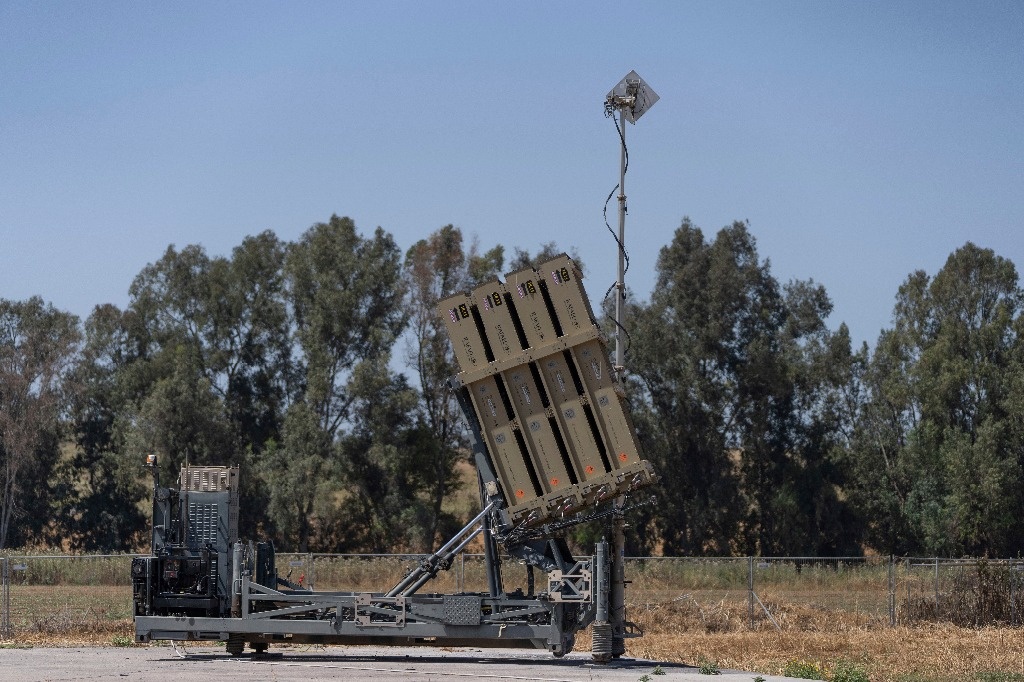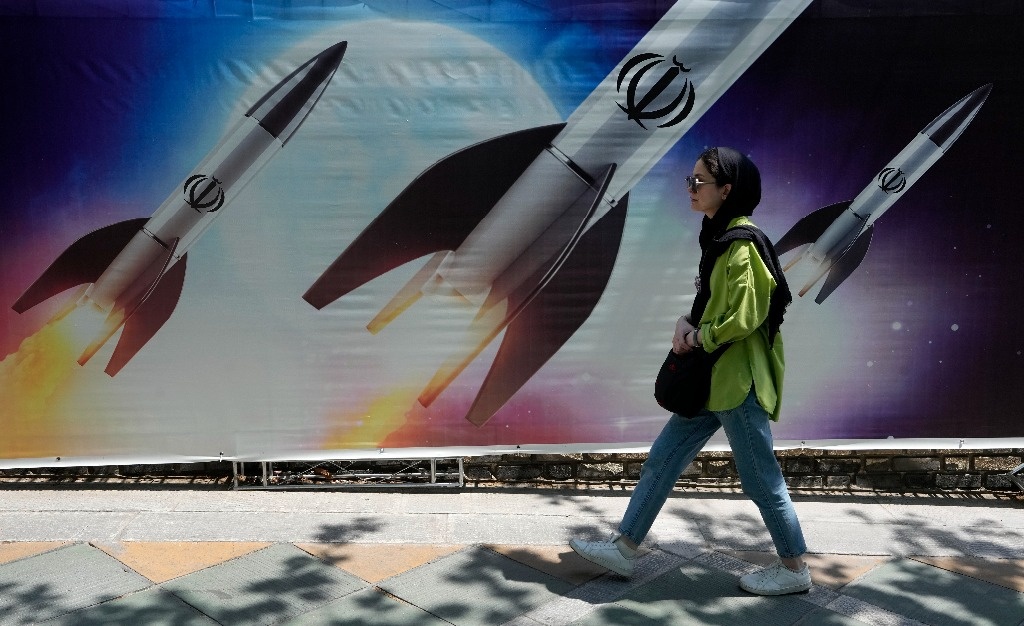Hamas Rejects Deal as Israel’s War on Gaza Escalates: Must-Have Ceasefire for Any Agreement
Israel and Hamas: The Ongoing Conflict Dividing Nations By [Your Name], Staff Writer Hamas Emphasizes Necessity of a Ceasefire for Potential Agreement Hamas, the Palestinian extremist group, has urged the international community to prioritize a ceasefire as a crucial aspect of any possible agreement between Israel and Gaza. The recent conflict has seen increasing tensions … Read more





